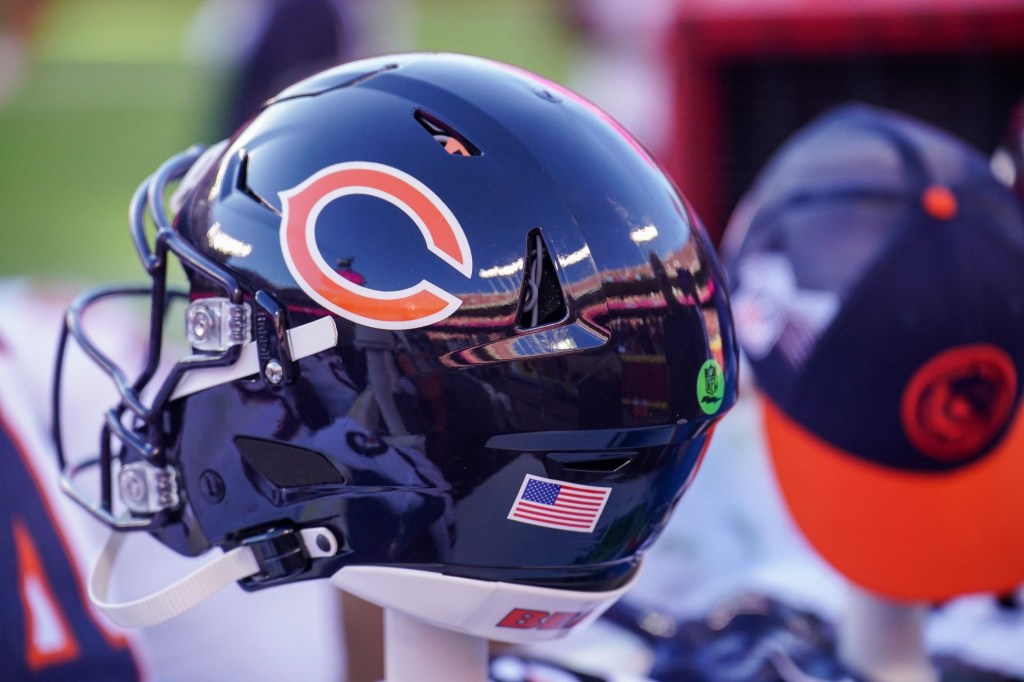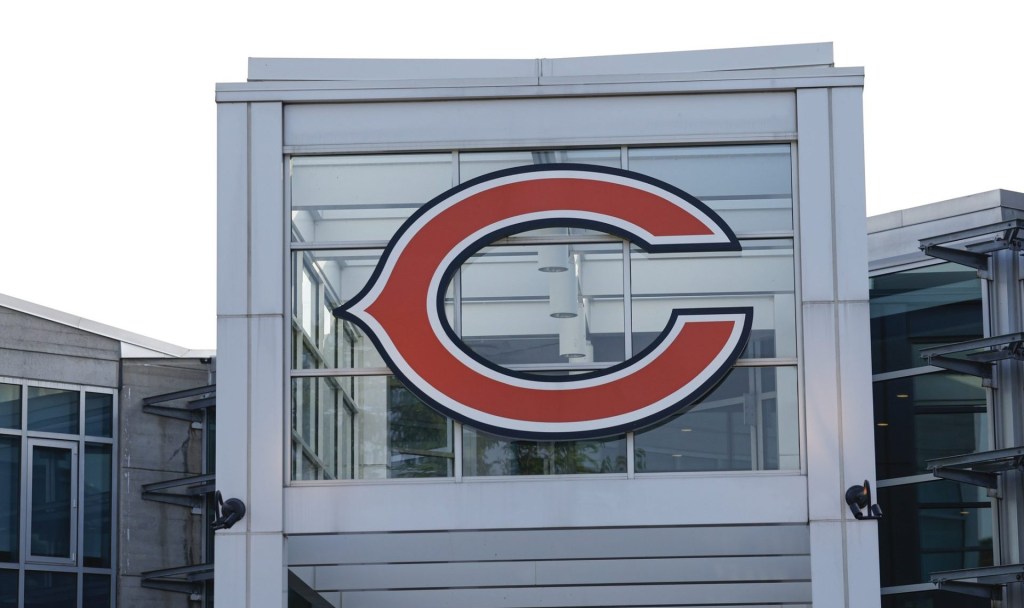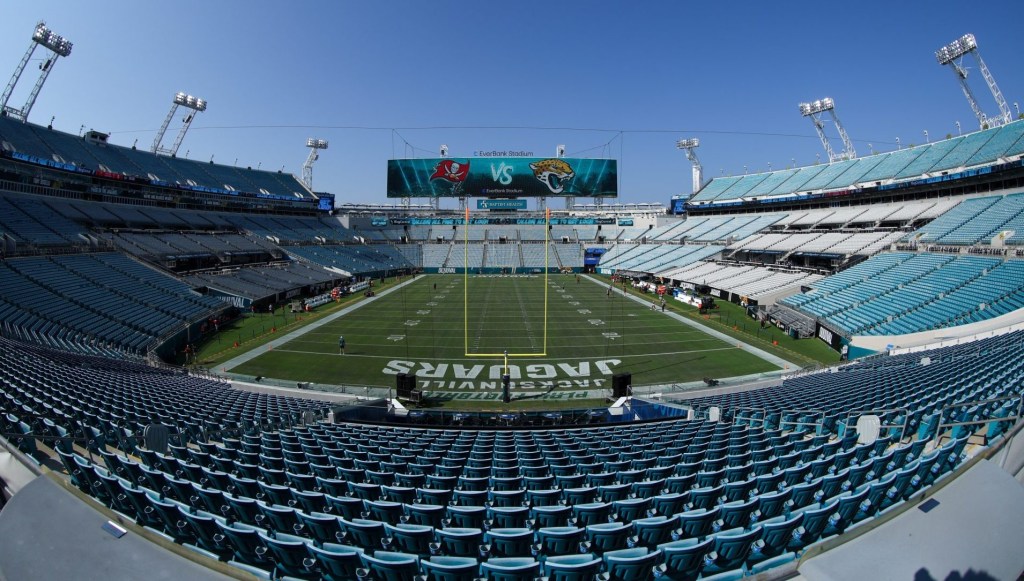Whistling Straits Golf Course was the site of the most recent U.S. Ryder Cup victory in 2021, and it has also hosted three PGA Championships in 2015, 2010, and 2004.
The billionaire owner of the famous Wisconsin links on the shores of Lake Michigan told Front Office Sports that bringing a future edition of the Ryder Cup back is a top priority, while hosting another PGA Championship appears less likely, mostly due to the annual event now taking place in May, instead of August, after a permanent date switch in 2019.
The first open Ryder Cup date on U.S. soil is 2041, while the PGA Championship has an opening in 2032. Whistling Straits will host the 2028 U.S. Amateur Championship, in addition to several other future smaller USGA events.
Kohler Co. chairman and CEO David Kohler, whose company owns Whistling Straits, caught up with FOS ahead of this week’s PGA Works Collegiate Championship being played at Whistling Straits for the first time. Formerly known as the National Minority Collegiate Championship, this week’s field features 180 players (including 27 teams and 45 individuals) representing historically Black colleges and universities as well as institutions that serve other people of color who will compete across five divisions in the 54-hole, stroke-play event.
Kohler’s family is estimated to have a net worth of $16 billion, according to Forbes, from its sprawling bathroom fixtures business. In addition to running the company, Kohler, 58, also serves on the board of directors for the Green Bay Packers. He is a Duke alum.
Some of Kohler’s remarks have been edited for brevity and clarity.
Front Office Sports: Is Whistling Straits in the market for more major events?
David Kohler: Absolutely. We’re in conversations with the PGA of America and USGA, as well as other organizations, regarding unique events that we might create. We have great championship venues, including Blackwolf Run, which hosted two U.S. Women’s Opens in 2012 and 1998. They were purpose-built for majors and significant events—things like not having any housing anywhere on the course, the infrastructure that’s been built around them, and the reputation for delivering great championships in a state that turns up. We have a lot of assets at our disposal, and hospitality resources we’ve built here in Kohler that can provide leading-edge accommodations. We have all the elements to host, so we want to continue to be selective and do special events.
FOS: Are you targeting any specific years for future PGA Championships?
DK: No, I wouldn’t say any specific years. Since they moved that date from August, that’s less optimal, given our growing season here and where we are from a timing standpoint. But I think definitely the Ryder Cup in the future. We think we deserve, and have proved the right, to be considered for that again. The 2021 event at Whistling Straits will go down as one of the greatest Ryder Cups in history—the venue, the drama, the U.S. win. I think we earned the right to be considered in the future; we certainly would love to see that back.
FOS: How exciting is it to have the PGA of America back for this week’s event?
DK: It’s really good. We’ve had a great history with the PGA of America, and we’re very close to the organization, we think that the organization does a lot of great things for the game of golf, and to be working with PGA of America Reach Foundation on this event, it’s a great opportunity to continue to grow and extend the game.
FOS: What made you interested in the PGA Works Collegiate Championship?
DK: It’s all about growing the game, building the game, making the game more inclusive. We’re passionate about golf, and it’s become an important part of our business and identity—for us to be able to help give back to and grow the game by contributing our time and resources and one of the greatest championship venues. It just was a natural. And to be able to do that in service of student-athletes from schools that serve minorities that haven’t generally received the same level of resources as some of the bigger schools, it makes it even better.
FOS: Were you able to make it to Green Bay for the NFL Draft?
DK: Yeah, it was really wonderful to see the smallest-market team in the country earn the right to host the draft, and then to be able to conduct it at the level that it was executed. It was really special for the state, community, and the Packers.
FOS: Did the draft exceeding attendance expectations surprise you?
DK: I think we set a good marker with the Ryder Cup and with the PGA Championships. Those were an example to all those watching in the world that we’ll show up here in this state, and this corridor. Wisconsin absolutely delivered on that, and we had a lot of fly-in guests supporting all the teams in the NFL. It was just another testament: Don’t bet against Wisconsin when you think about these types of nationally and world-renowned events.
FOS: What are your thoughts on the upcoming Packers CEO transition from Mark Murphy to Ed Policy?
DK: The Packers executive committee conducted a remarkable search, lifted some excellent external and internal candidates, and selected the best individual, Ed Policy, who the Packers have a lot of history with. We’ve been able to witness his leadership and his effectiveness. But he was up against a strong slate of outside leaders who were evaluated. So, I think the Packers absolutely picked the best person in a very competitive draft, if you will. They have another leader replacing a great leader in Mark Murphy who will uphold the values of the organization, but also grow it into the future. Ed’s been at the center of many of their growth strategies with Titletown and other aspects. Ed will be another great leader in the history of the Packers.
FOS: As a Duke alum, how involved do you stay with the athletic program?
DK: We’ve been involved with the Iron Dukes and very supportive of Coach K and the basketball team and the whole sports program. We got back to see a game at Cameron Indoor Stadium this year, and then my wife and I and some close friends went down to see the Final Four. Unfortunately, it didn’t end quite the way they wanted, but what a run they made. It certainly was one of the greatest teams that was assembled, I think, in Duke history. I think it’s another great example of succession with Jon Scheyer. That process and how well Jon’s done in a new era of basketball—much different than competing in the historic era—Jon’s been a great example of excellent succession.
FOS: Has your financial involvement changed in the new era of college sports?
DK: Personally, I’m not involved on the NIL side, but certainly supportive of the school. There’s a separate set of constituents and alums funding NIL at all these universities. But we’ve continued to focus our support just for the schools that we care about.
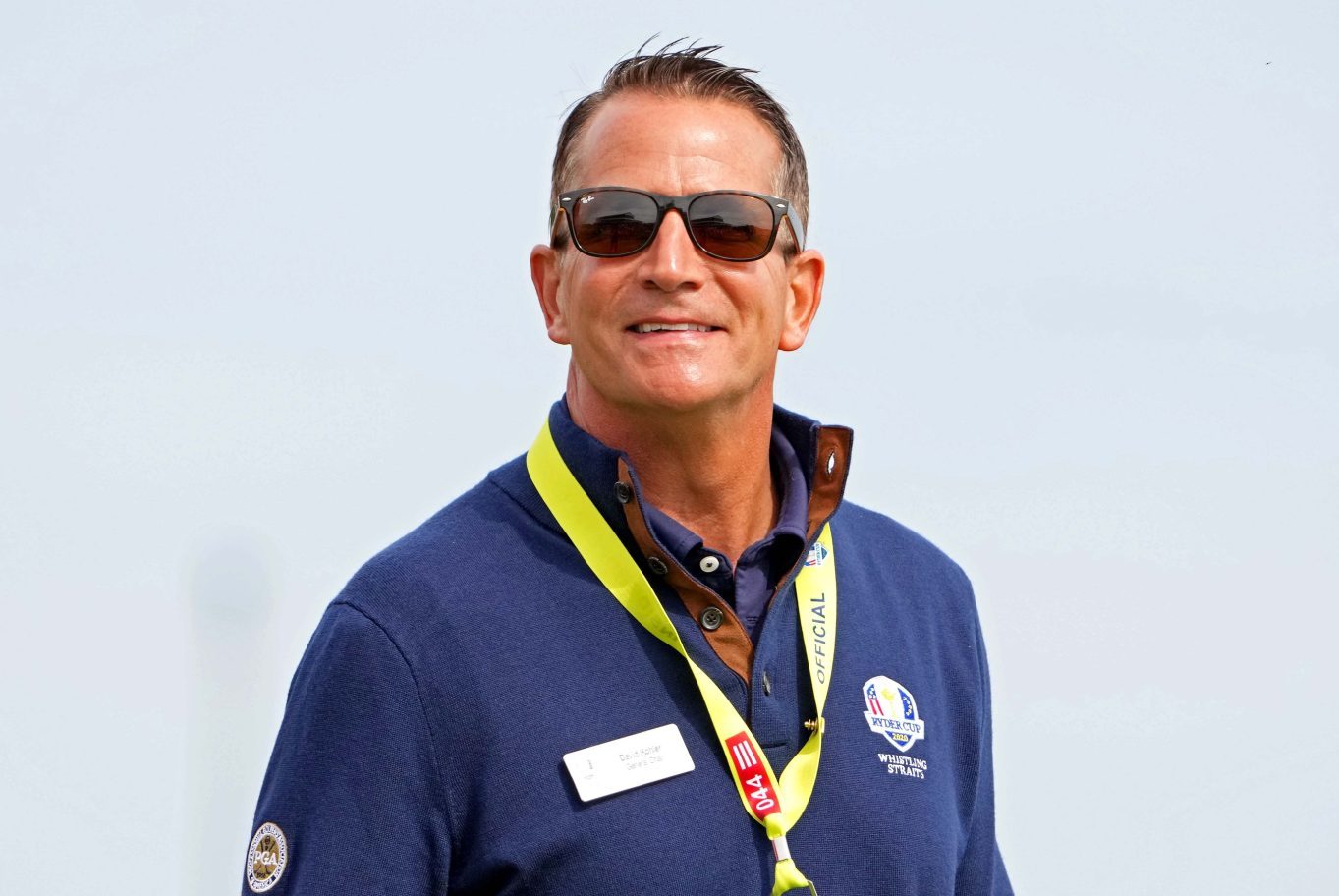
![[US, Mexico & Canada customers only] Sep 28, 2025; Bethpage, New York, USA; Team USA's Bryson DeChambeau reacts after hitting his approach on the 15th hole during the singles on the final day of competition for the Ryder Cup at Bethpage Black.](https://frontofficesports.com/wp-content/uploads/2026/03/USATSI_27197957_168416386_lowres-scaled.jpg?quality=100&w=1024)

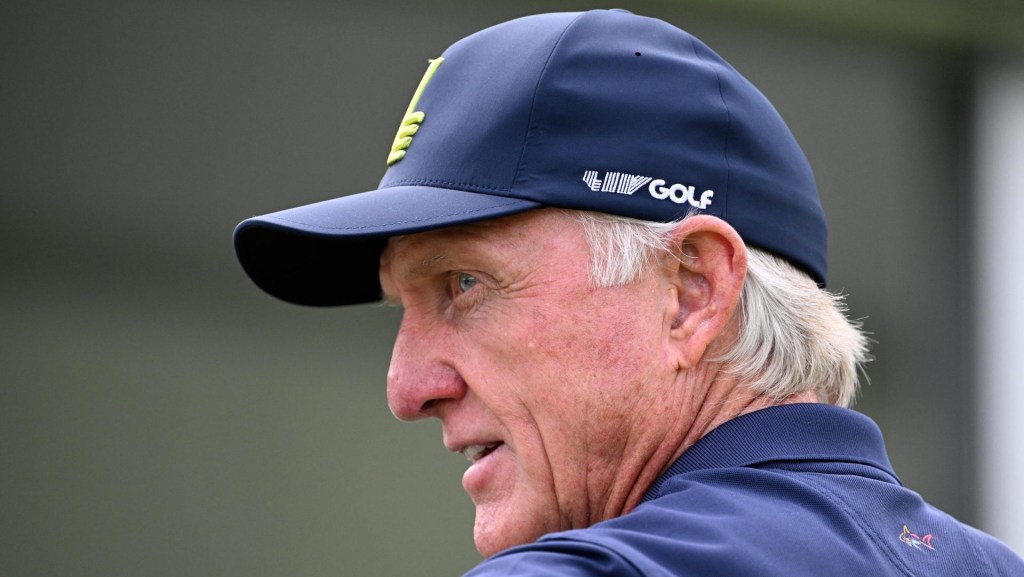
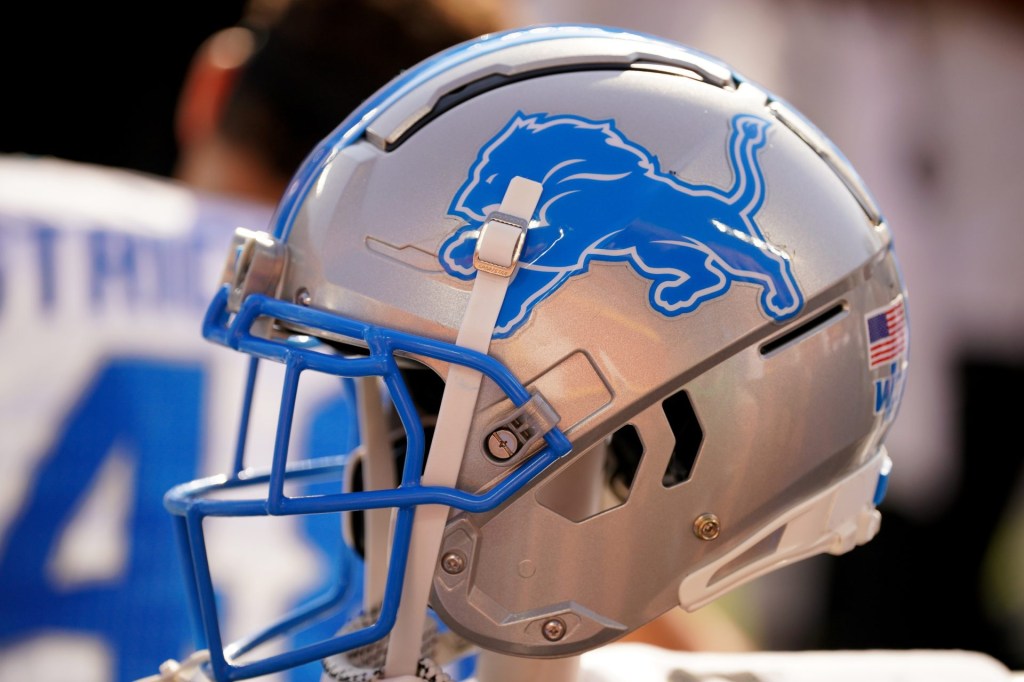

![[Subscription Customers Only] Jun 15, 2025; Seattle, Washington, USA; Botafogo owner John Textor inside the stadium before the match during a group stage match of the 2025 FIFA Club World Cup at Lumen Field.](https://frontofficesports.com/wp-content/uploads/2026/02/USATSI_26465842_168416386_lowres-scaled.jpg?quality=100&w=1024)
![[Subscription Customers Only] Jul 13, 2025; East Rutherford, New Jersey, USA; Chelsea FC midfielder Cole Palmer (10) celebrates winning the final of the 2025 FIFA Club World Cup at MetLife Stadium](https://frontofficesports.com/wp-content/uploads/2026/02/USATSI_26636703-scaled-e1770932227605.jpg?quality=100&w=1024)

